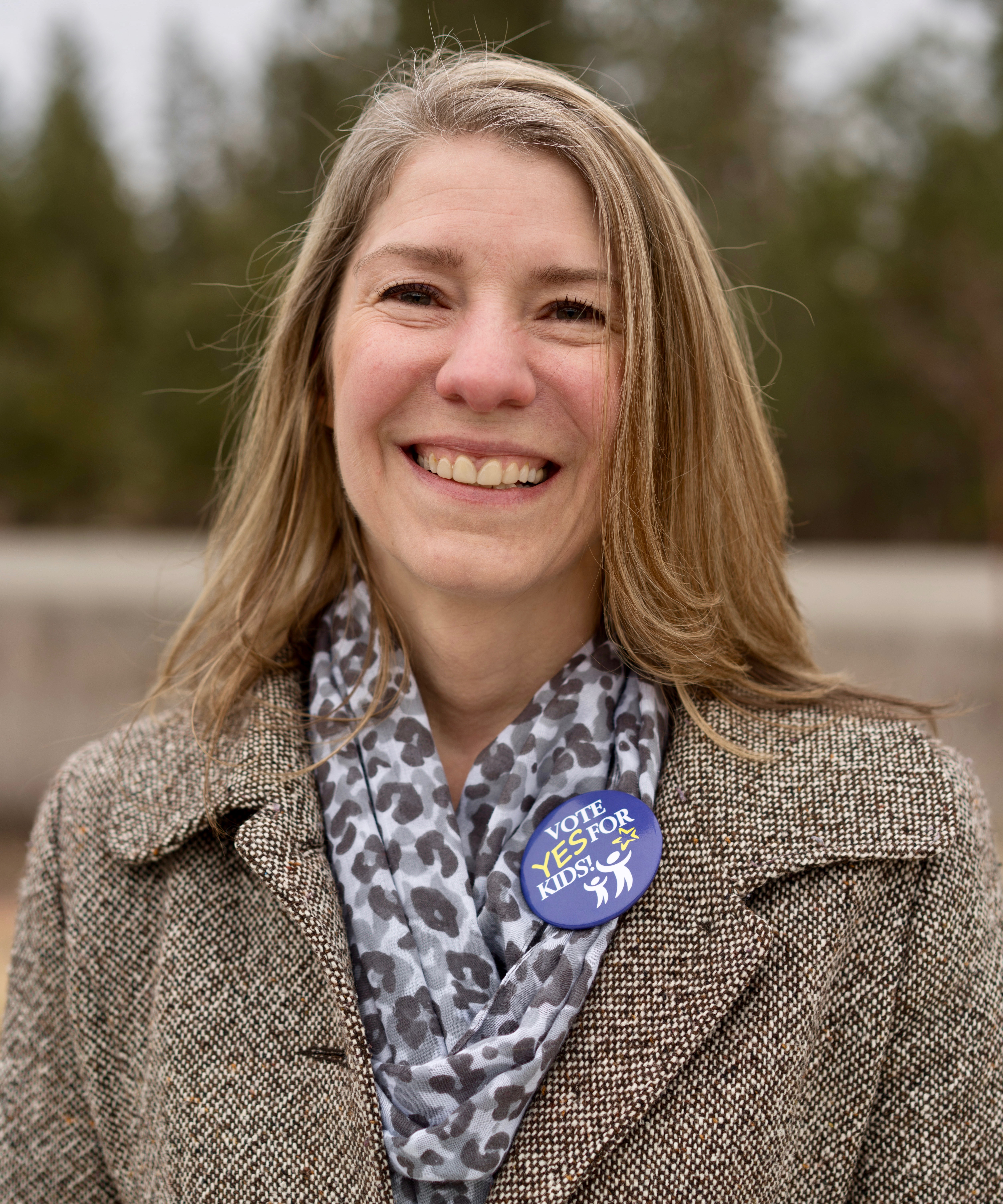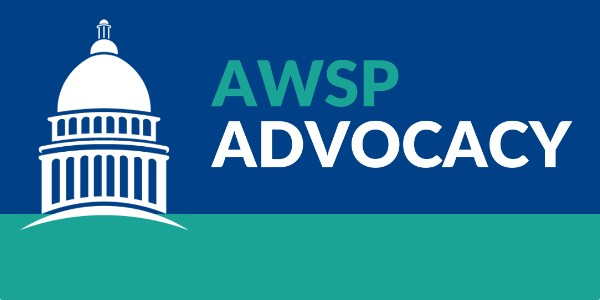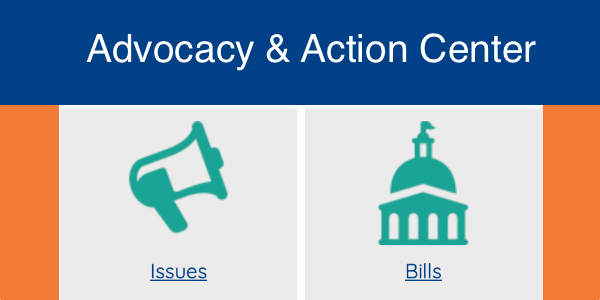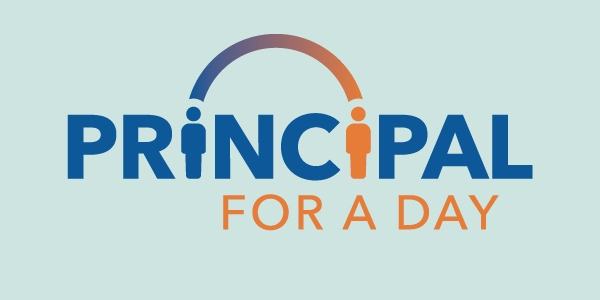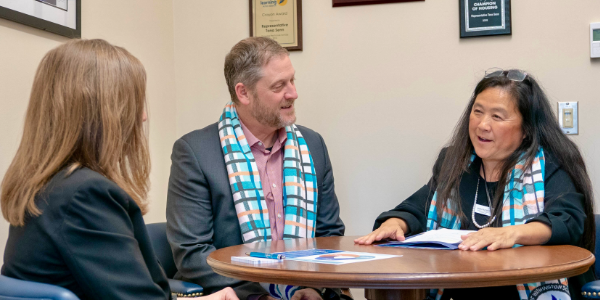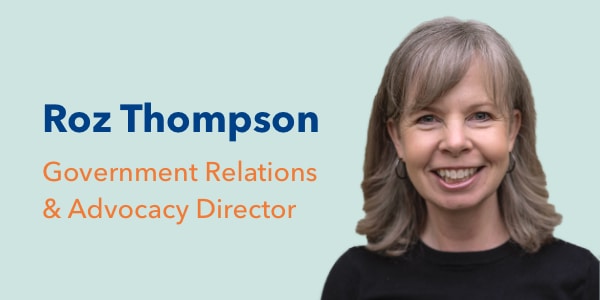Policy bills are being heard in their opposite houses and budget negotiations are going on behind closed doors. Bills that have been modified by the opposite house are sent back for action/reaction from the house of origin. After 5 PM on Sunday, the discussion is limited to specific topics: budget and revenue-related matters, matters of differences on bills between the two houses, and matters related to ongoing discussions. The goal is to close the session after adopting the state budget.
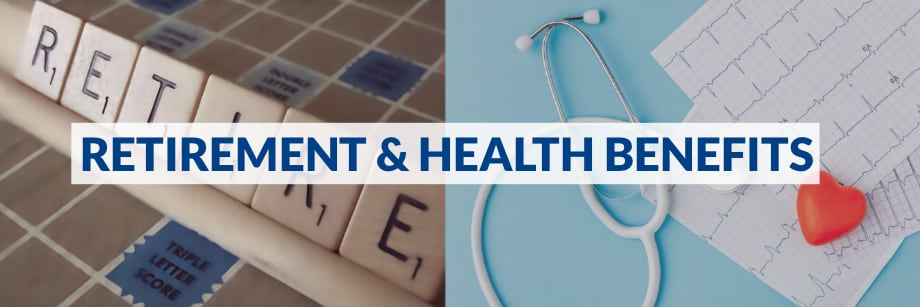
“As a parent (legislator) you try to maintain a certain amount of control with your child (opposite house), so you have this sorta tug of war…You have to learn when to let go, and that’s not easy.” ~ Aretha Franklin
Policy bills are being heard in their opposite houses and budget negotiations are going on behind closed doors. Bills that have been modified by the opposite house are sent back for action/reaction from the house of origin. After 5 PM on Sunday, the discussion is limited to specific topics: budget and revenue-related matters, matters of differences on bills between the two houses, and matters related to ongoing discussions. The goal is to close the session after adopting the state budget.
So, you have money in play, bills to act on, and a tug of war between the parties and various iterations of certain proposals.
Here is a report on the status of various bills still in play or that have changed status since previous reports.
Retirement Related Proposals
HB 1565 | As a reminder, the House approved a budget amendment offered by Representative Jesse Johnson to grant a one-time 1.5% COLA to TRS1/PERS1 members. HB 1565 was introduced to implement this COLA proposal.
The bill is still awaiting a public hearing by the House Appropriations’ Committee. However, if membership approves, it is likely to appear near the end as one of the bills whose passage is necessary to implement the budget. It may go directly to the floor without a hearing. (Remember that the Legislature/legislators make and can ignore their own rules of procedure.)
Washington State School Retirees’ Association (WSSRA), the Retired Public Employees’ Council, (RPEC), and WEA-Retired (WEA-R) are urging their members to contact legislators to grant this COLA while amending the bill to raise the base from $17,600 to $25,000.
SB 5367 | Directing the department of retirement systems to create rules regarding automatic refunds of retirement contributions in the retirement systems listed in RCW 41.50.030. (This bill is in House Rules.)
SB 5453 | Concerning plans 1 and 2 of the state retirement systems by combining LEROFF 1 and TRS Plan 1 assets to retire the unfunded liability of TRS 1. (As a reminder: employers are currently paying a surcharge for their retirement contributions to help retire the debt of both plans: TRS 1 liability is $2.8 B; PERS 1: $4B.) (This bill was introduced, and no hearings were held. It is likely dead but see below for comments.)
Comments: The Senate budget included a commitment to spend $800 million of the Rainy Day Fund (to be replaced with federal dollars) on June 30, 2023. WSSRA continues to work with the Senate on this issue. See previous week’s report on why this is a fiscally sound planned expenditure and is just an intention with no binding obligation should conditions change.
Other Bills
Bills are continuing to move that expand various employee benefits and qualifications in such areas as unemployment compensation, family and medical leave, and workmen’s compensation.
Two bills (E2 SHB 1073 and ESSB 5097 ) in the 2021 virtual legislative session are proposing changes.
E2SHB1073 expands coverage of the paid family and medical leave program. (The amended bill passed the Senate 29–20 and was sent to the House for concurrence.)
ESSSB 5097 expands coverage of the paid family and medical leave program. (The bill passed the House 55–42 and has been sent to the Senate for concurrence.)
2SHB 1076 | Allowing whistleblowers to bring actions on behalf of the state for violations of workplace protections. (No action was taken by Executive Session 4/2 before Senate Ways and Means. WASA and WASBO signed in “Con” on this bill. It is presumed to be dead, although the trial lawyers, who would benefit, are a powerful lobby.)
ESHB 1214 | Creates the category of safety and security staff for kindergarten through grade 12 public schools. (The bill passed the Senate 34–13 and is on the Governor’s desk.)
SHB 1323 | Concerning the long-term services and supports trust program. Among other provisions, it specifies that employees who apply to opt-out of the Long-Term Services and Supports Trust Program (LTSS Trust Program) must attest to having long-term care insurance prior to the effective date of this act.
(The bill has been moved for placement on the Senate Calendar. Republican amendments have been proposed to change the date to Dec. 31, 2021, forbid premiums being paid for by employers in the CB, and even change the bill to an opt-in model instead of its present opt-out.)
SHB 1363 | Addressing secondary trauma in the K–12 workforce. (This bill has been moved to Senate Rules.)
ESSB 5115 | Establishing health emergency labor standards.
- Creates an occupational disease presumption for frontline employees during a public health emergency for the purposes of workers’ compensation.
- Requires employers to notify L&I when a certain percentage of their workforce becomes infected during a public health emergency.
- Requires employers to provide written notice to employees on the premises and their union of potential exposure to the infectious or contagious disease during a public health emergency.
- Prohibits discrimination against an employee who is high risk for seeking accommodation that protects them from the disease or using all available leave options if no accommodation is reasonable.
(The amended bill passed the house 68–30 and is sent to the Senate for concurrence.)
SSB 5425 | Concerning extended benefits in the unemployment insurance system. (The bill passed the House 94–4 and will be sent to the Governor.)
SSB 5254 | Concerning the use of protective devices and equipment during a public health emergency. (The bill passed the House 97–1 and will be sent to the Governor.)
Fred Yancey
The Nexus Group LLC


